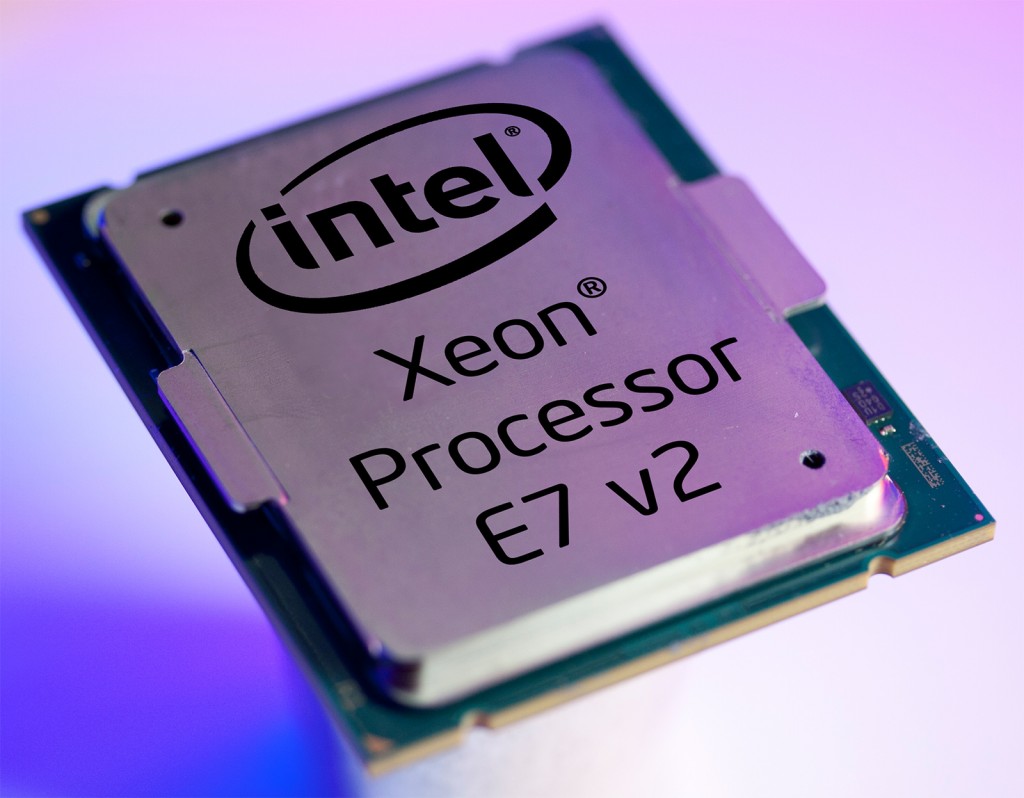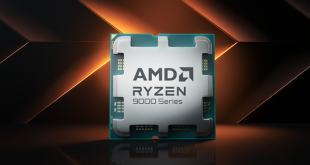Intel Corp. is gradually increasing the number of custom microprocessors designed for specific customers in its lineup. The move helps the company to maintain its market share and address clients that have special requirements and which otherwise would have chosen proprietary solutions from other companies.
“The data center team is customizing our Xeon products for specific customers and workloads,” said said Brian Krzanich, chief executive officer of Intel, during the company’s quarterly conference call with investors and financial analysts. “Custom SKUs now number roughly 35 and over the last year volume from custom SKUs has grown at three times the rate of our off-the-shelf product.
Intel sells its custom Xeon microprocessors with special capabilities to companies like Amazon, Google and Facebook, which have unusual requirements in many cases. To run hyper-scale datacenters efficiently such companies need processors with reduced power consumption and sometimes special input/output capabilities. At present the aforementioned companies design and build their own servers. Some analysts believe that eventually they could also create their own server-class system-on-chips based on ARM architecture.
Earlier this year Intel said that it could develop custom Xeon chips with third-party intellectual property. For example, Intel could install FPGA [field-programmable gate array] chips into Xeon packages to provide certain functionality. Unfortunately, it is unclear how many of such models the chip giant has designed so far.
Advanced Micro Devices, Intel’s arch-rival on the market of central processing units, also designs semi-custom chips for various consumer electronics and other types of devices. So far the company has not announced semi-custom Opteron products, but it is known that it does certain levels of customization for select customers.
Discuss on our Facebook page, HERE.
KitGuru Says: 35 custom models is a very respectable number, which demonstrates that custom processors are getting increasingly popular among customers of Intel.
 KitGuru KitGuru.net – Tech News | Hardware News | Hardware Reviews | IOS | Mobile | Gaming | Graphics Cards
KitGuru KitGuru.net – Tech News | Hardware News | Hardware Reviews | IOS | Mobile | Gaming | Graphics Cards



